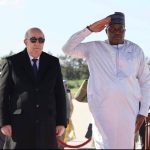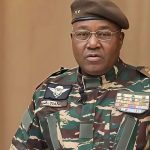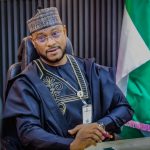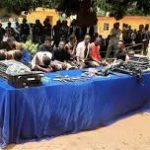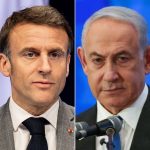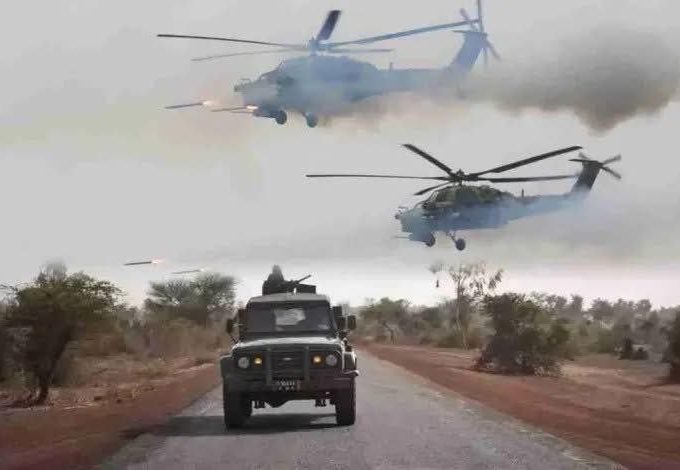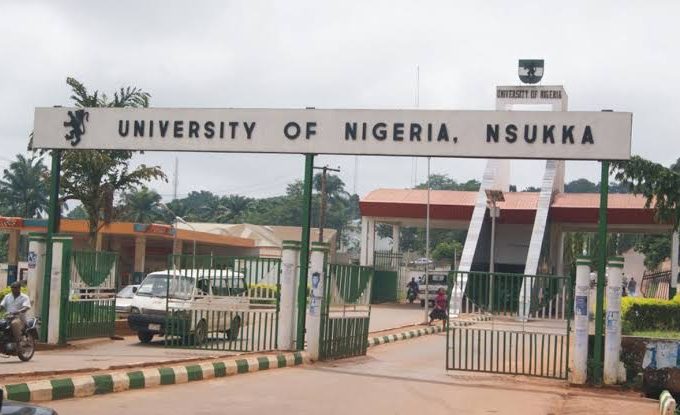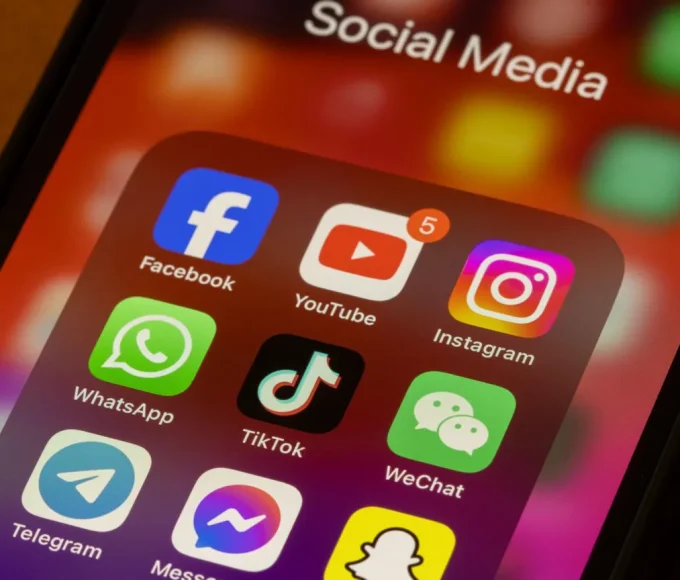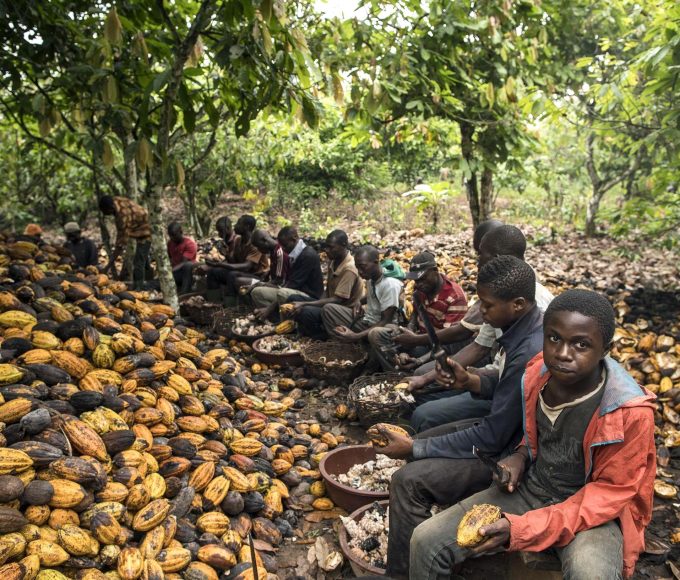
Ghana to Select Nuclear Plant Partner by December
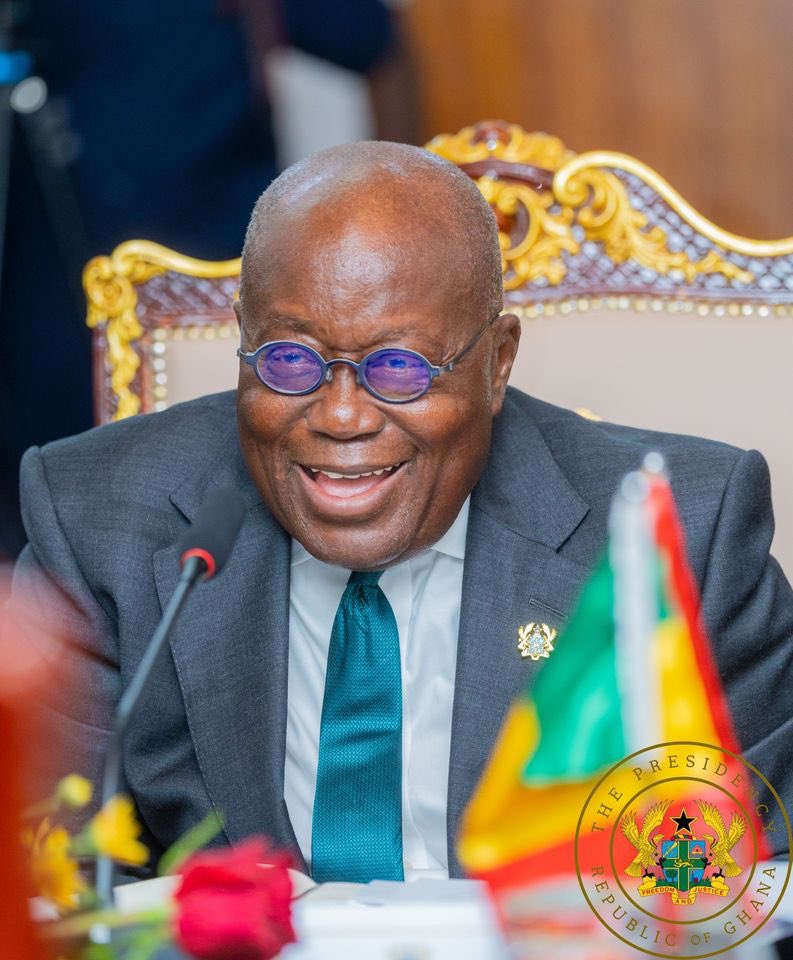
Ghana will decide by December on a company to build its first nuclear power plant.
The contenders are France’s EDF, U.S.-based NuScale Power and Regnum Technology Group, China National Nuclear Corporation, South Korea’s Kepco and its subsidiary Korea Hydro Nuclear Power Corporation, and Russia’s ROSATOM.
“Cabinet will approve the final choice. It can be one vendor or two nations; it will depend on the financial model and the technical details,” said Robert Sogbadji, Ghana’s deputy director for power in charge of nuclear and alternative energy, while speaking to Reuters on Monday.
Ghana first considered nuclear power in the 1960s, but a coup disrupted the plan. The initiative was revived in 2006 with help from the International Atomic Energy Agency following a severe power crisis.
Initially, 16 countries and companies showed interest, but a technical team led by the energy ministry has narrowed it down to five.
Ghana is looking to use nuclear power to address energy shortages, a common issue in Africa, where over 600 million people lack access to electricity.
Burkina Faso and Uganda have signed agreements with Russia and China to build their first nuclear plants, and countries like Kenya, Morocco, and Namibia are also exploring atomic options.
Furthermore, South Africa, which has Africa’s only nuclear plant, plans to add 2,500 megawatts (MW) of nuclear power due to severe power shortages.
Ghana aims to add about 1,000 MW of nuclear power to its grid by 2034. The country currently has 5,454 MW of installed capacity, with 4,483 MW available. Ghana, which exports oil, cocoa, and gold, expects nuclear power to boost industrialisation and increase energy exports to neighbouring countries like Benin, Ivory Coast, and Togo.
The government has secured a site that can hold up to five reactors and prefers a “build, own, operate and transfer” arrangement that includes local equity participation.
Read: France Supports ICC Arrest Warrants for Netanyahu, Hamas Leaders
About The Author
Related Articles
Malian Army Says Dozens of Militants Killed in Airstrikes in Segou Region
Mali’s armed forces say they have killed about twenty suspected militants during...
ByWest Africa WeeklyFebruary 19, 2026Nigeria Approves 33 New Universities While Education Quality and Jobs Remain in Crisis
Nigeria has approved 33 new universities, bringing the total number of sanctioned...
ByWest Africa WeeklyFebruary 19, 2026Gabon Suspends Social Media “Until Further Notice” Amid Rising Unrest
Gabon’s media regulator has announced the suspension of social media platforms nationwide,...
ByWest Africa WeeklyFebruary 18, 2026Côte d’Ivoire Feeds the World’s Chocolate Industry, But When Prices Shift, Cocoa Farmers Are Left With Rotting Harvests and No Income
Côte d’Ivoire produces nearly half of the world’s cocoa, a crop that...
ByWest Africa WeeklyFebruary 18, 2026


